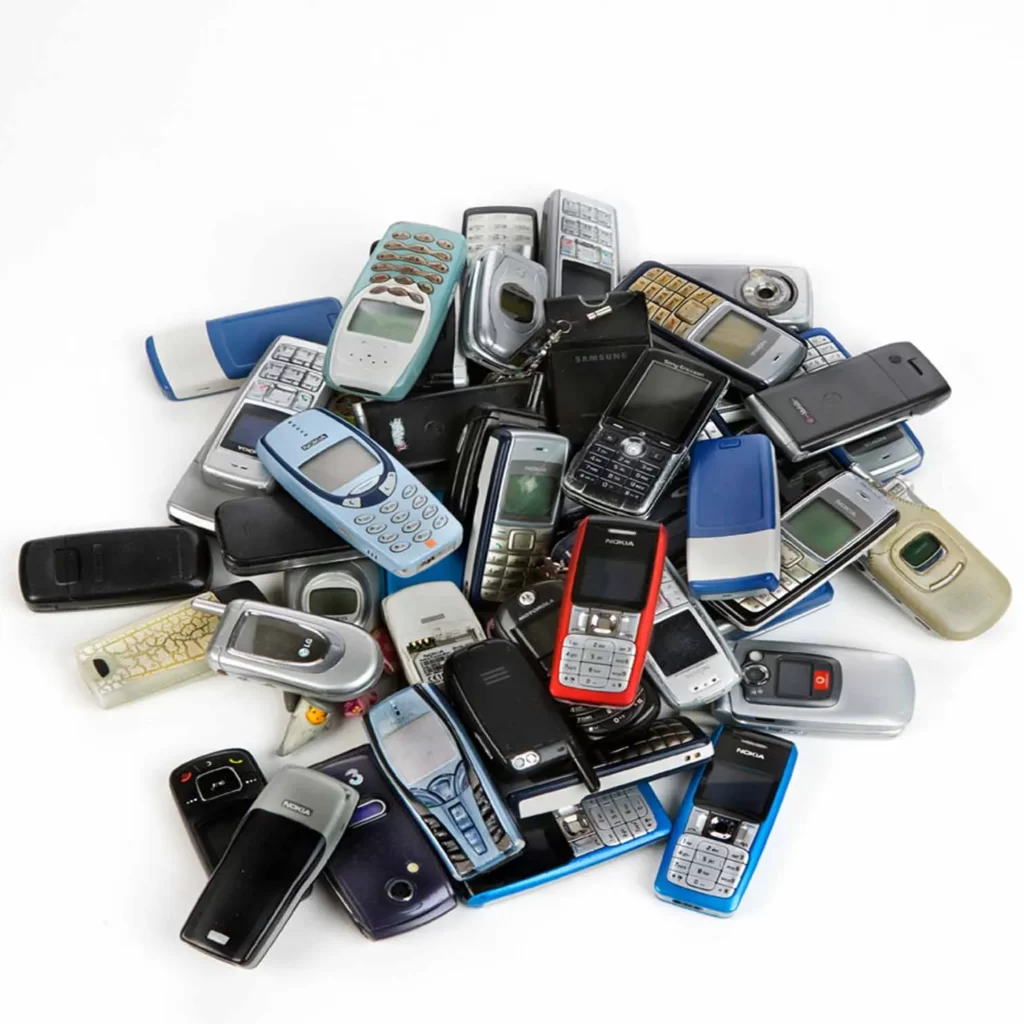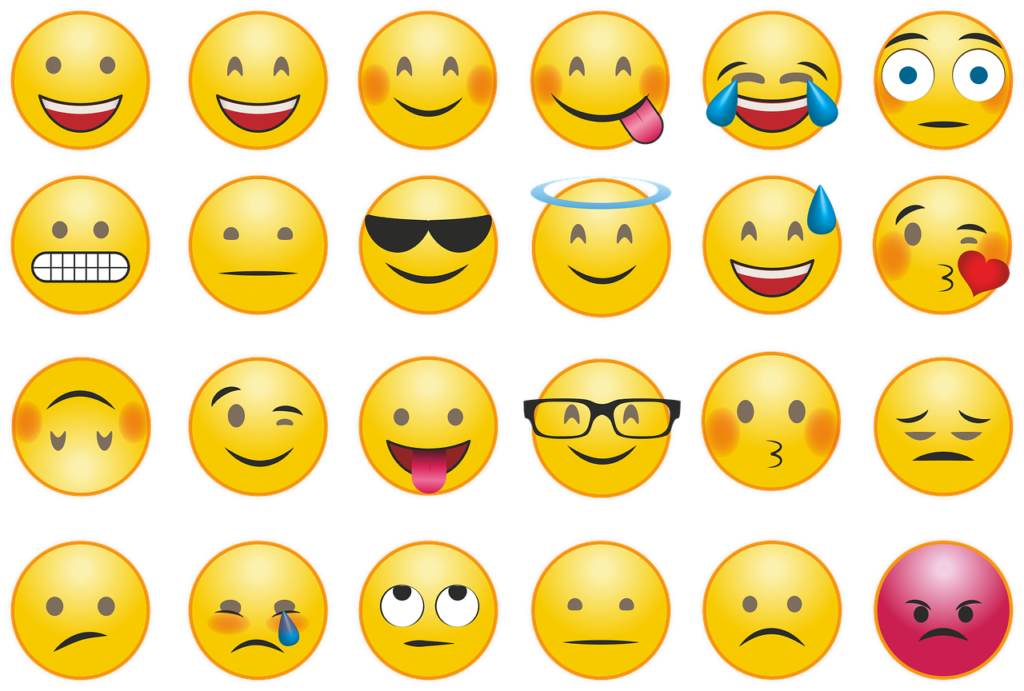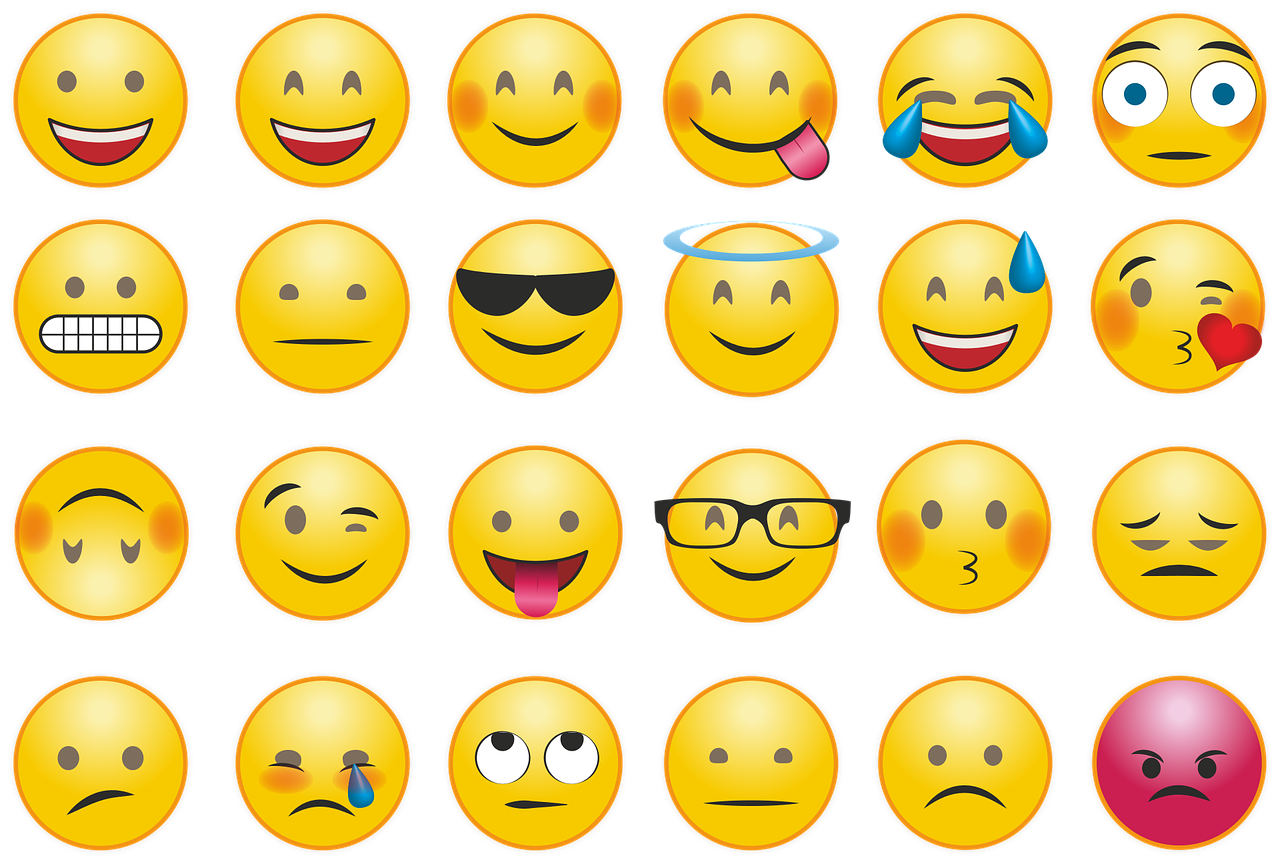If you are a faithful reader of this blog, despite my saddening inconsistency, you would realise one thing that stands out…. I fear a lot… to think my last piece was on fear, I must be diseased. But well, let’s get down to today’s issue.
About three or four years ago, I read this beautiful book by Gail Honeyman titled “Eleanor Oliphant is Completely Fine”. As you might be guessing by now, she was not completely fine, but she was a very witty though cynical character. In chapter eighteen, Eleanor said something that has stuck with me since then;
“Twenty-first-century communication. I fear for our nation’s standards of literacy.”
Chapter 18 – Eleanor Oliphant is okay
I share her fear.
Before the advent of cellphones, people actually spoke. In order to find the best words to describe the feelings swelling in their hearts, and in an attempt to be understood as they communicated, they were obliged to learn wide and up their literacy standards. It was an absolute necessity back then. It therefore comes as no surprise that some of the best literary pieces date back to centuries before the 20th century. The poetry was certainly a wonder in the 17th and 18th century.
But as time went on, I think people felt a need to add more meaning to their words, so emojis were created (I have no research to back this statement yet). Emojis started with smilies if my memory serves me right. A series of columns, semi columns, brackets, commas and full stops typed in such a way that you could get a smiley face or sad face. This started with the 2nd or 3rd generation cellphones with red and orange lights, only with number buttons and letters of the alphabet grouped in threes and fours for each number. Smilies were a necessity with these phones because one was only entitled to a few words per message and sending a message was costly. Smilies were a word saving method of communication since text messages did not allow for the use of more words.

But when phone settings were broadened, with the release of the famous Blackberry model phones, people still stuck to the use of smilies, which evolved to emojis, albeit a few of them. With just the advent of emojis, communication was becoming a lot more tainted and limited. A smiley face, or crying emoji just to sympathise or fake text a feeling one is not feeling at the time. Sometimes, you could want to have such a serious conversation with someone, you ask a question which needs a serious answer but you get the cool dude emoji with shades on.
Adding stickers and memes to the already ailing communication, just maims 21st century communication.
Mind you, this might go on for quite a while, we are looking at the next 3 decades at least hanging in the balance.

All these “communication aides”, have been doing mostly the opposite of trying to express or explicitate human feelings in my opinion. If anything, they have allowed 21st century beings born and raised by the digital era of our beloved global village to choose the easy way out and swallow their words. Or better still, not even bother finding the words to express their feelings. This accounts for the increasing number of grown people with spelling mistakes and expression flaws a 6 year old couldn’t make about 70 years ago.
Why do I fear you ask?
Though these might be the best advantages yet of the 21st century? I fear because, inadvertently and unconsciously, we are breeding a race of humans who are not bothered about thinking for themselves. We are occasioning the spread of a generation that thinks whatever they feel must be limited to the different emojis on their keyboards. We are raising and empowering a generation of humans, who might be unable to hold up their own end of the debate, unable to explain the messy spider web which equals their beautiful complications as humans.
I fear over and over again, because we are in a generation, where in when someone tables a serious idea, unpacking their baggage of feelings, the only response he/she might get from the listening end is “LOL”. A generation void of humane ways and speech. I fear because our generation, is one in which we think stickers and emojis are more than enough to describe the whirlpool of emotions and feelings that rumble in our hearts.
I fear most especially because…
We are in a generation wherein when someone actually finds their voice, and dares to pen down good old dictionary words to describe the battle in their mind, they are tagged, oldish and outdated, not in step with the trends of today.
So yes, I do fear…. not only for my generation’s communication and literacy, but I fear for all the voices dying on the inside because they are scared to step out of tune with today’s so-called standards of normalcy.
its pearly

I absolutely love this. This reflect some of my thoughts exactly. I have been been called cold or unfriendly because I end my texts with a full stop or do not use ‚enough’ emojis. And on an honest note, I recently realise my very own lack of vocabulary. Is the propagation of emojis trigger to this fact? I do not know but its influence can most definitely not be ignored. Thanks for the kind reminder to go read my dictionary or simply read more books
Yet another beautiful piece with words well put together. I share same fear as you. In as much as smart phones were made to “ease communication” and facilitate learning and access of information, illiteracy is still at it’s peak. I fear generations yet to come. Already, it is terribly difficult and heart wrenching at times to be able to read the things supposed learned people type. I know a couple of people who would rather send voice notes because they do not want to go through the pain of spelling words correctly or punctuating as is expected. Do they make an effort to learn, Nope! I also long for a time when friends would hang out and each keeps their phones away.